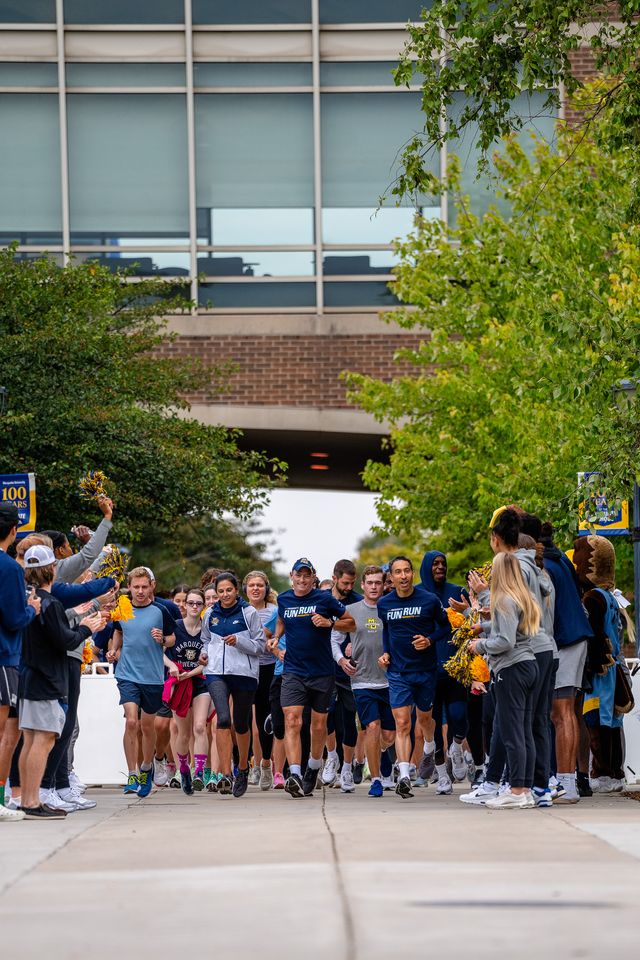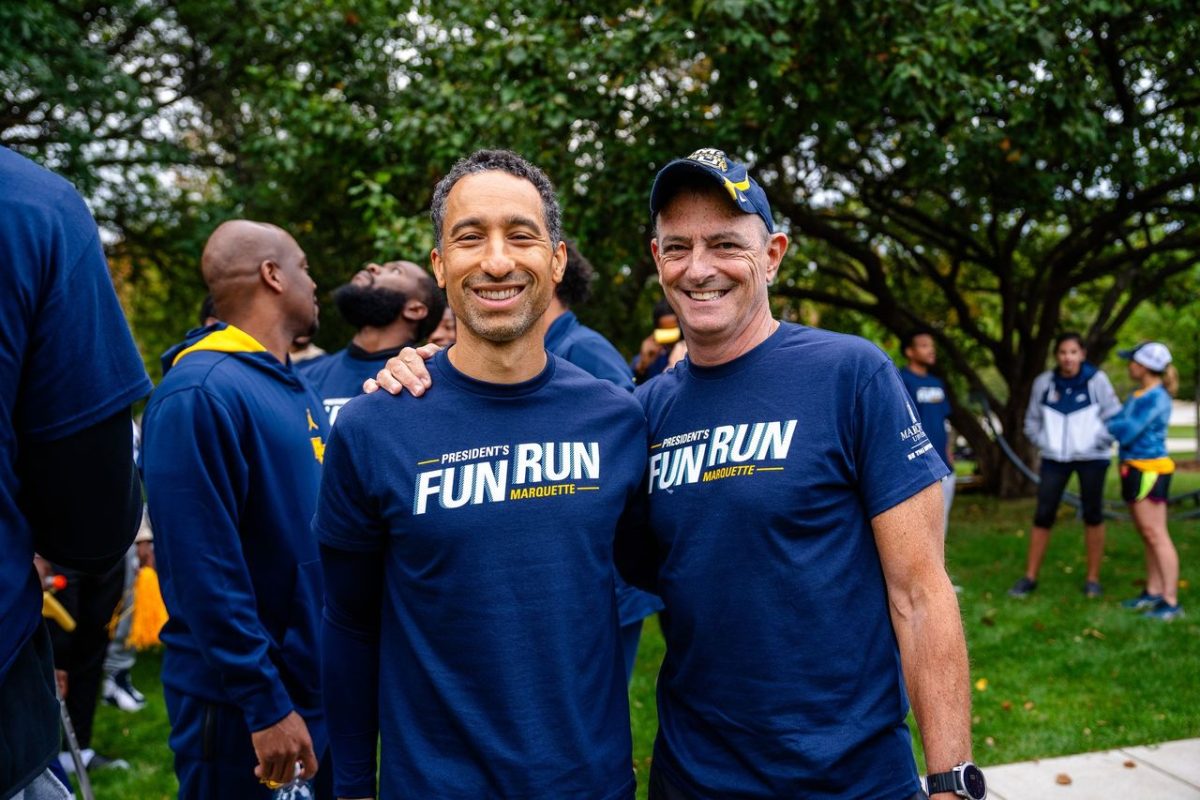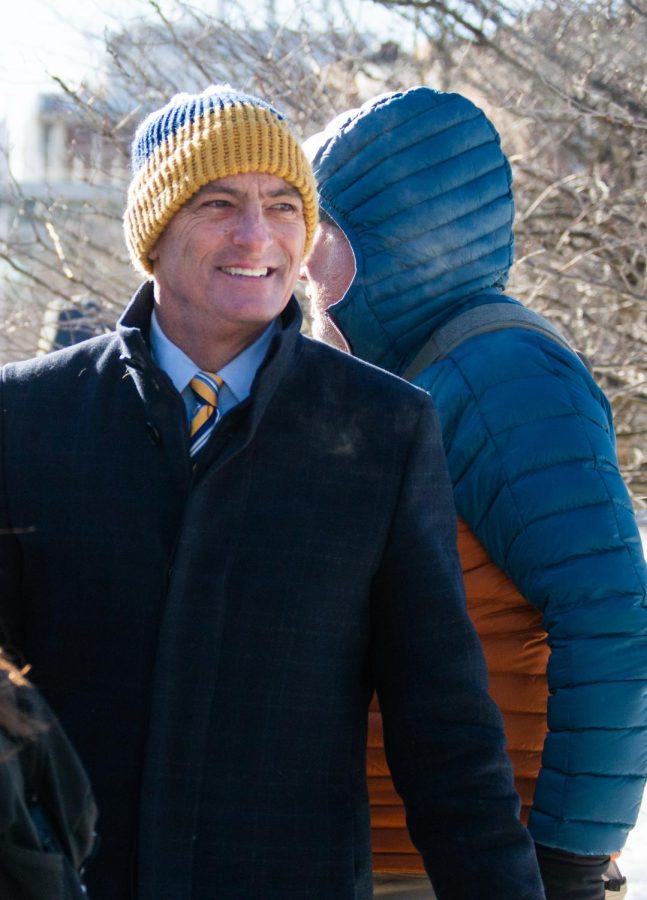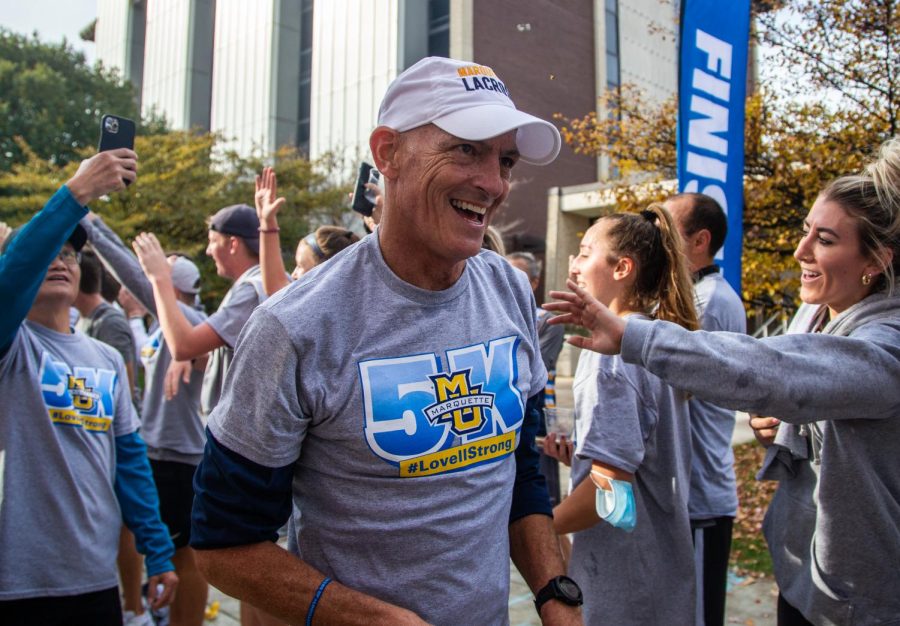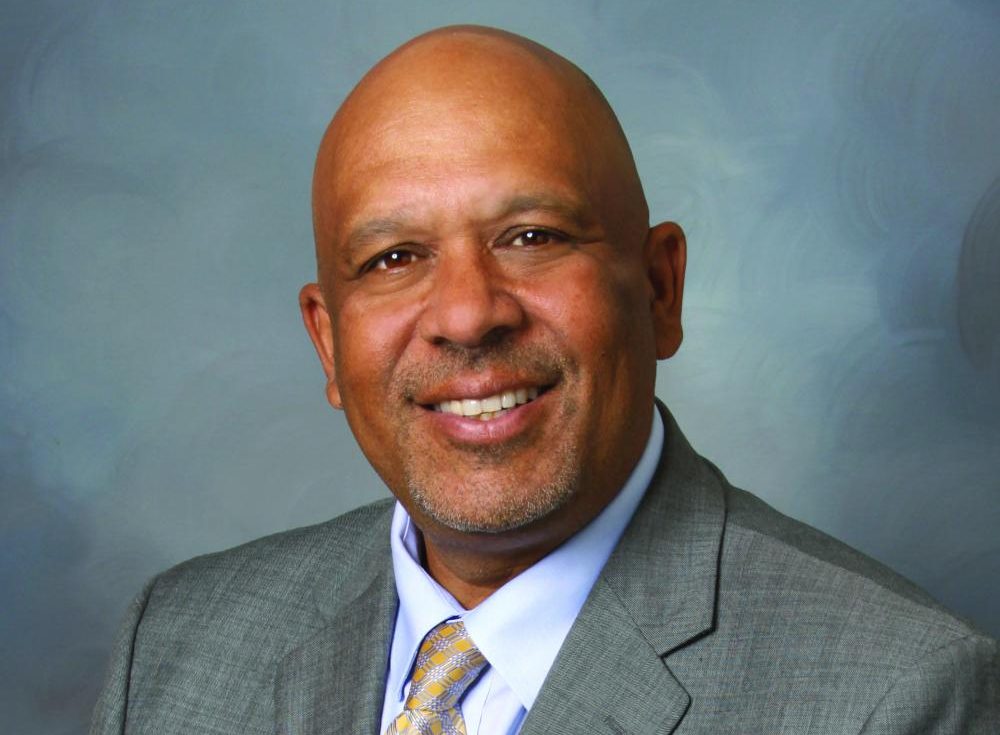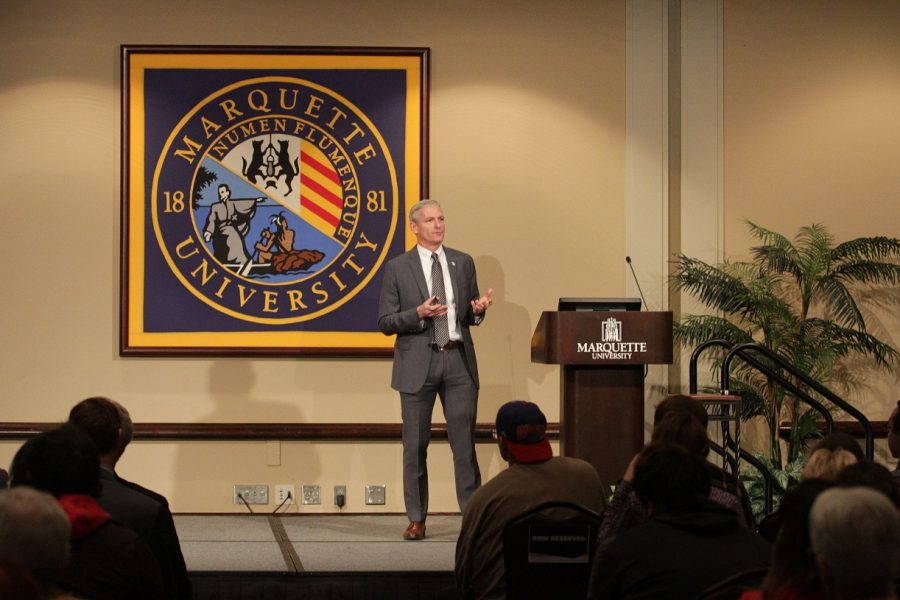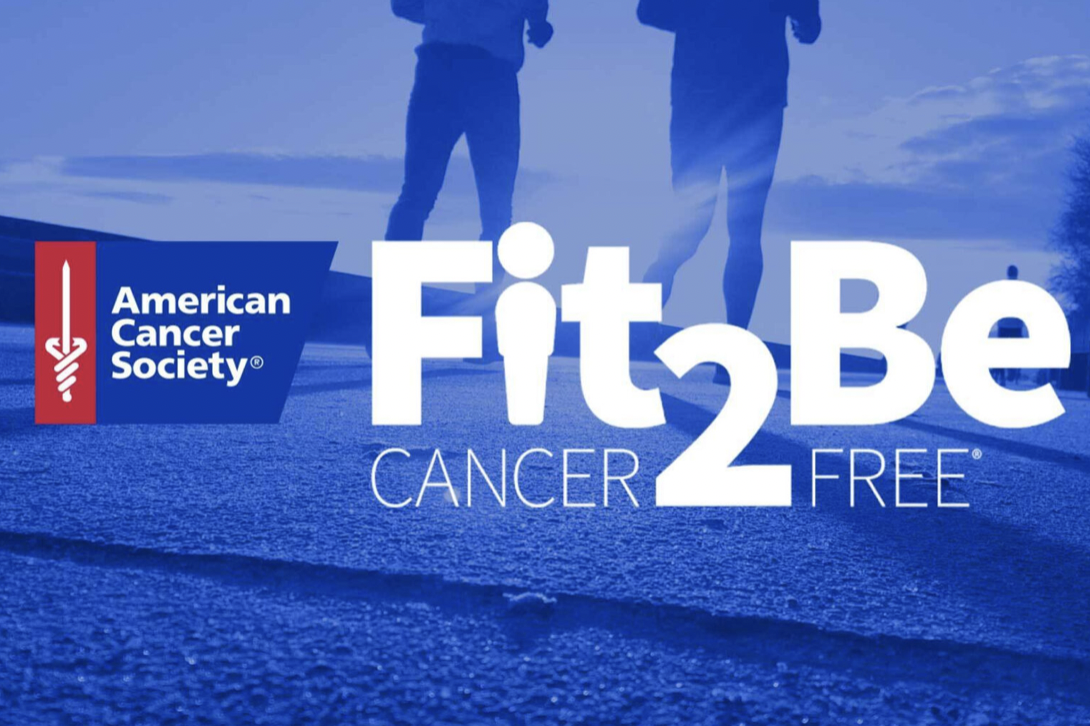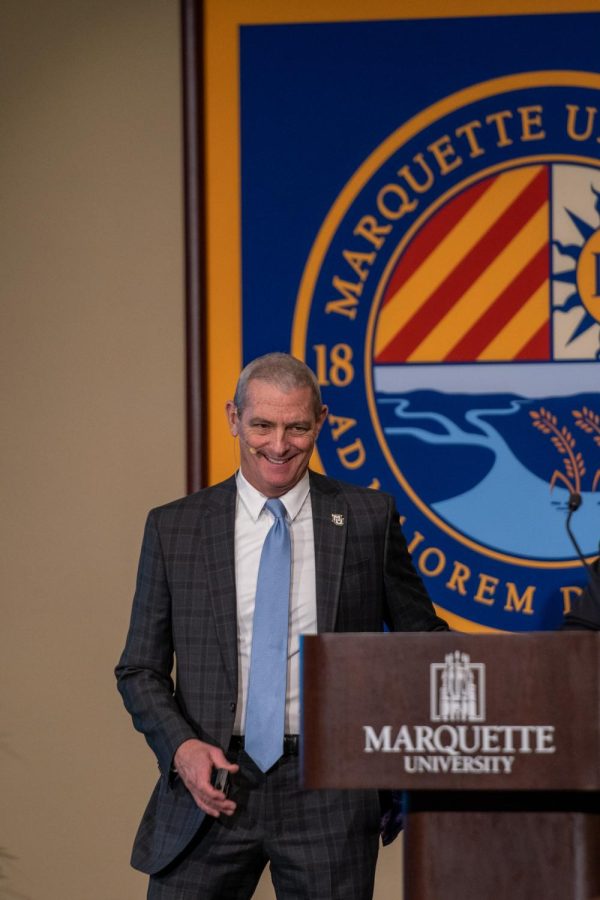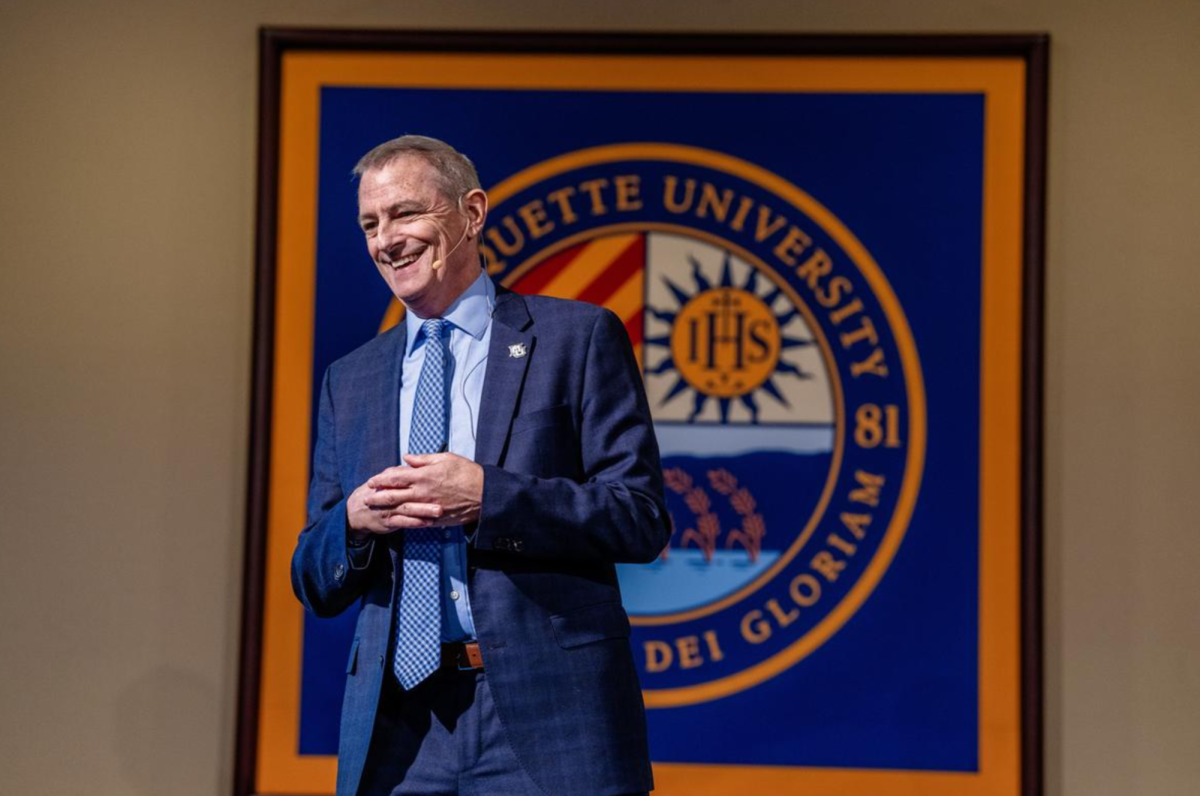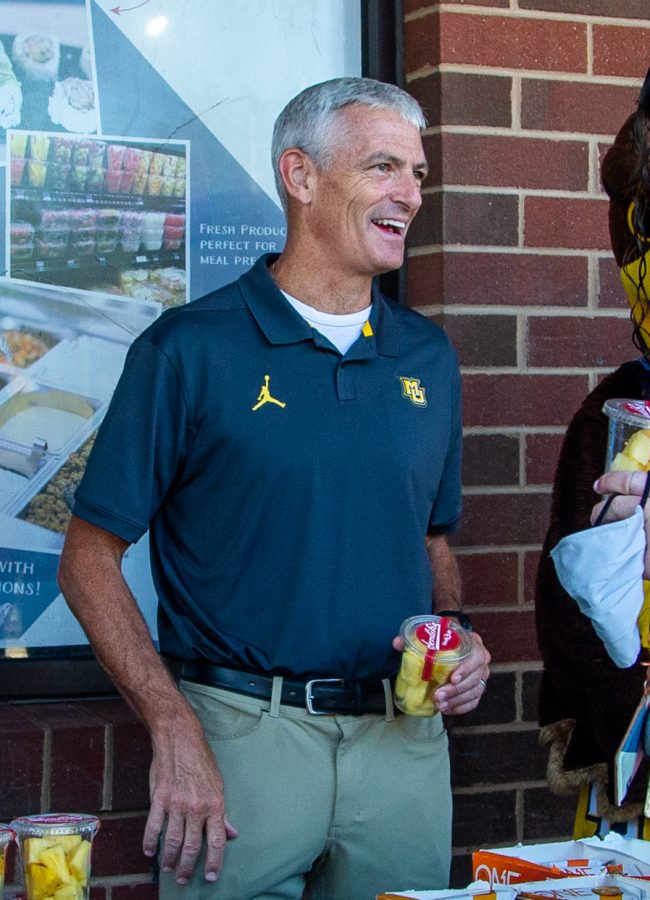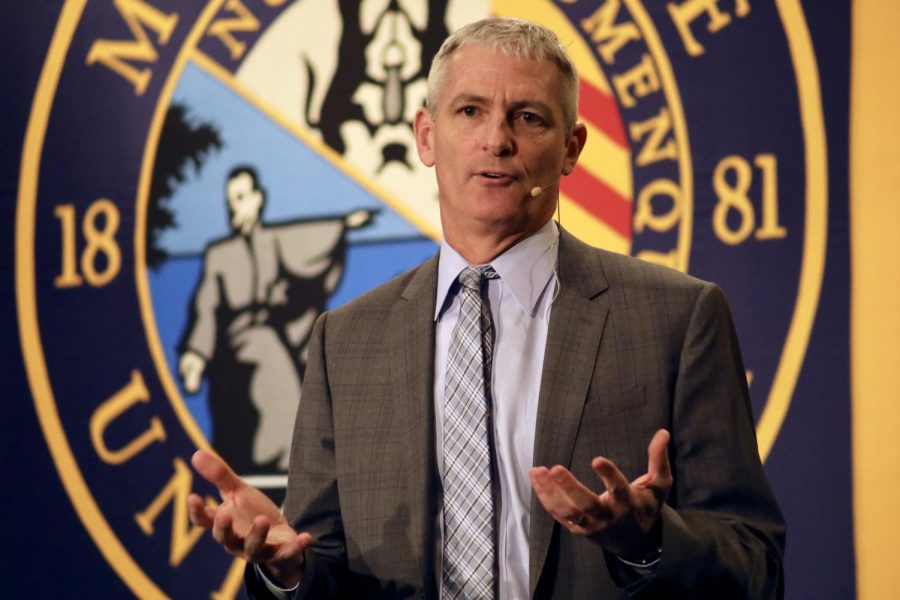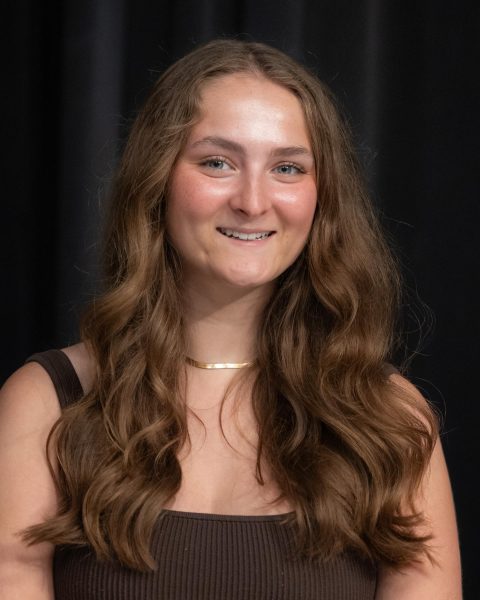When University President Michael Lovell was first diagnosed with sarcoma, a rare form of cancer, his doctors predicted he had two years left to live. But today, Lovell is coming up on year three.
“As my doctor says, ‘It doesn’t look like I’m going anywhere soon,'” Lovell said.
And as Lovell approaches three years, he’s realized how important it is for him to check goals off of his bucket list. One is walking El Camino de Santiago or “The Way of St. James.” Lovell said that him and his wife will be traveling to Portugal this June to do this hike through the countryside until they reach the end at the Santiago de Compostela in Spain.
“It’s always something I’ve wanted to do,” Lovell said. “If I wasn’t sick, I’m not sure I would have done that right now at this point in my life. And it’s so important for me to do things like that when I’m healthy.”
Lovell’s currently treating his cancer with the drug trabectedin, otherwise known as yondelis, and has been on this drug since last June. Trabectedin attempts to slow and/or stop cancer cell growth in the body and is used to treat liposarcoma or leiomyosarcoma.
“The good news is it’s working and it’s continued to keep my cancer at bay and I handle it pretty well,” Lovell said.
Lovell receives chemotherapy once a month for 24 hours and said he feels fatigued and nauseous for around six to seven days afterwards. However, the upside of his treatment he said is that he gets three weeks of feeling good.
“Unlike the first chemotherapy I was on— I was on a 21–day cycle and I would get progressively worse each day for the first 10 days and then I start to feel better each day … at least with this one (trabectedin) it actually hits me hard right away (and then starts to feel better),” Lovell said.
When it came to navigating the chemotherapy, Lovell said it took some time to figure out. Initially, he said he would try to do things on the weekend after receiving chemotherapy, but after contracting COVID-19, respiratory syncytial virus, or RSV, and the flu on separate occasions, he noticed he had to be careful being around crowds for the first three days after treatment.
“If you spike a fever when you’re getting treatment, you have to go to the hospital which is not something I want to do,” Lovell said.
The good news with Lovell’s current treatment, he said, is that unlike previous forms of chemotherapy he’s received, he’s able to continue with trabectedin as long as his body is responding to it. Lovell has also received immunotherapy and t-cell therapy at different times in the past two years.
But largely, Lovell is still able to do the things he loves to do despite his sarcoma.
“I’m still able to run and I still bike too,” Lovell said. “I would say the biggest thing is that … because I’m going through treatment my blood count is low, my hemoglobin is low, my red cell count is low so I’m anemic, and my ability to go fast or far is not there, but I’m still able to run three or four miles.”
On July 13 there will be a 5k “Race to Cure Sarcoma” in Milwaukee that Lovell said he will be participating in again. Last year, Lovell said he celebrated after the run with the community at his house and plans to do the same this year.
“My family, my friends, people from work etc. they did the race and we had everybody in the house right after,” Lovell said. “The course is — it’s really hilly out there. It’s a hard course and I remember how hot it was last year. Hot, but really fun.”
Over the course of battling sarcoma for three years, Lovell said his relationship to God has only improved.
“Relationships are often the most important thing in your life,” Lovell said. “When you face your own morality, you realize that your relationship with God is right, because you don’t know when your last day is going to be and when it comes you want to make sure that you’re prepared spiritually for what lies next.”
And although Lovell is still able to do the things he loves, he said due to his sarcoma, he has had to do things differently. One of which being placing more of an emphasis on his birthday.
“I celebrate my birthdays differently because I actually celebrate my birthday — this was another year,” Lovell said.
And throughout his journey with sarcoma, Lovell said he’s noticed how supportive the Marquette community has been to his recovery.
“I feel that (support), and I don’t take that for granted. I really appreciate the prayers and well wishes I get to this day, and it’s not just from campus but the broader alumni network I hear for all the time,” Lovell said. “I think people are what make Marquette special, so it’s been really good for me to see the great people we have in our community.”
This story was written by Julia Abuzzahab. She can be reached at [email protected]


